CHURCHILL (2017)
Genre: Biography, Drama, Thriller
Director: Jonathan Teplitzky
Cast: Brian Cox, Miranda Richardson, John Slattery, Ella Purnell
Runtime: 1 hrs 45 mins
Rating: PG
Released By: Shaw
Official Website:
Opening Day: 6 July 2017
Synopsis: June 1944. Allied Forces stand on the brink a massive army is secretly assembled on the south coast of Britain, poised to re-take Nazi-occupied Europe. One man stands in their way: Winston Churchill.
Behind the iconic figure and rousing speeches: a man who has faced political ridicule, military failure and a speech impediment. An impulsive, sometimes bullying personality – fearful, obsessive and hurting.
Fearful of repeating, on his disastrous command, the mass slaughter of 1915, when hundreds of thousands of young men were cut down on the beaches of Gallipoli.
Obsessed with fulfilling historical greatness: his destiny.
Exhausted by years of war and plagued by depression, Churchill is a shadow of the hero who has resisted Hitler’s Blitzkrieg. Should the D-Day landings fail, he is terrified he’ll be remembered as an architect of carnage.
Political opponents sharpen their knives. General Eisenhower and Field Marshal Montgomery are increasingly frustrated by Churchill’s attempts to stop the invasion. King George VI must intervene. Only the support of Churchill’s brilliant, yet exasperated wife Clementine can halt the Prime Minister’s physical and mental collapse. The untold story of Britain’s most celebrated leader, uncovering the true nature of Churchill’s herculean war-time status and his vital relationship with “Clemmie” – his backbone and total confidant…the love that inspired him to greatness.
Movie Review:
Sir Winston Churchill – unflappable wartime enigma glossing the pages of modern history textbooks as the British prime minister that led a nation to victory over Nazi Germany, but behind the larger-than-life public persona – an edgy, depressive personality whose private issues threaten to drive his marriage to the rocks? Gunning for the human frailty angle, director Jonathan Teplitzky (“The Railway Man”) and historian-screenwriter Alex von Tunzelmann’s “Churchill” banks on a premise that is certainly refreshing, even audacious, as far as representations of Winnie on the big screen go.
Scenes of Churchill (played by veteran thespian Brian Cox) cutting a contemplative figure in solitude on a beach – complete with his trademark cane, top hat and cigar – bookend this film. In the opening sequence, the sea becomes awash in red as Churchill ruminates about the impending invasion of German-occupied Normandy by the Allied Forces from Britain, i.e. Operation Overlord. Even if the sight is a figment of his imagination, it’s nonetheless striking (albeit in-your-face) symbolism for both the blood of innocent lives already spilled under his charge, as well as the lives he’s convinced are about to be lost.
Unfortunately, there’s little else vivid enough in “Churchill” worth delving into detail. Eschewing the traditional lifetime or career-spanning narrative, the rest of the biopic (if it can be called one) focuses on a specific snapshot of the three or so days leading up to the D-Day landings. Here, Churchill is on the cusp of his septuagenarian years and the outcome of World War II will definitively cement his political legacy, a fact he appears to be keenly aware of. Traumatised by costly military mistakes during the first World War (particularly the Gallipoli campaign) 30 years prior, much of the depicted countdown to the invasion consists of Churchill raising vociferous objections to his counterparts, including Allied Forces commander Dwight D. Eisenhower (John Slattery of television’s “Mad Men”) and Britain’s own general Bernard Montgomery (Julian Wadham).
We’re talking about a churlish Churchill throwing tantrums literally days before the launch of the biggest seaborne offensive in history, however, and not weeks or months, which is where von Tunzelmann takes the most significant historical licence, though in the name of sensationalised art or exposé-style revisionism, we’re not quite sure. In reality, despite his initial misgivings in the months before the Normandy landings, Churchill was well on board with the amphibian assault plans during the final lead-up to the Allied invasion on 6 June, 1944. Basically, the filmmakers’ modus operandi here appears to be this: magnify all the possible personality conflicts in the shortest timeframe possible to show a different side of Churchill, even if it means taking historical accuracy with a pinch of salt.
Sad to say, it’s a gamble that doesn’t pay off. The greatest irony here is that in her single-minded pursuit to confront our flatly romanticised notions of the rock-star-statesman’s gruff infallibility, screenwriter von Tunzelmann spends too much building up an unlikeable character that tips too strongly towards his minuses than his pluses. Instead of seizing the opportunity to sculpt a multifaceted persona, the character of Churchill has been mostly reduced to a liquor-swigging, cigar-puffing curmudgeon with a penchant for venting his frustrations on just about anyone within standing vicinity, including his longsuffering wife Clementine (Miranda Richardson). Repetitive, petulant theatrics and various contrived permutations of him uttering the equivalent of “I mustn’t let innocent lives die” make for monotonous viewing and a lack of ability to commiserate with the character on the part of audiences.
Predictably of course, with the benefit of hindsight (the battle is eventually won, thus allaying Churchill’s worst fears) and the way flicks like this go, the protagonist makes a U-turn by the end. He gets his act together, abruptly decides he has to treat his wife better, realises that he must not lose sight of his duty to rouse the spirits of the British people in times of bleakness and delivers a final pivotal speech – the film’s nod to the oratorical prowess that Churchill is so known for in real-life. ButThe King’s Speech (2010) this movie is not, and the filmmaker’s attempts to redeem the character at the end feels almost like an afterthought – too little, too late. History buffs will be appalled by the ludicrousness of the artistic liberties taken with the portrayal of Churchill and his antics leading up to D-Day. Less historically-informed audiences will be left scratching their heads wondering why they should be celebrating a cult personality that’s spent nearly all his screen time trying to oppose what history says is a successful, epoch-defining battle.
Due credit should still be given to the cast though. It’s worth noting that Cox was the same age as his titular character in the movie when filming on “Churchill” commenced (69 years old). Capitalising on the lines in his face carved out by age and a suitably hefty presence (both physically and figuratively), Cox’s portrait of the man is more than capable, although one wishes the perpetually sullen air he exuded was tempered by the charisma Churchill was also known for (not necessarily Cox’s doing; again we blame the script). The supporting actors also turn in credible performances with the limited material they have been handed. Slattery is unexpectedly formidable as Eisenhower – stoicism melts away to uneasiness in his eyes in a matter of seconds as he makes the final call for the invasion to proceed. Richardson also lends an understated dignity to her role as frustrated but loving wife to Winston Churchill. It’s therefore unfortunate that the script should let its cast down this much.
As the film closes, the film reminds us with an intertitle that Churchill’s often voted as the greatest Briton of all time. Which is perplexing, because the film seems to suggest he is hardly deserving of such a distinction. Is it, along with the final moments of the film, a last-ditch scramble to salvage the character of Churchill and remind audiences of his legacy? Or is it some grandiose call for reflection about the unwritten stories behind the winners in history? Like the swirling smoke from Churchill’s seemingly endless cigars that enshrouds most of the film, it’s not clear, but either way, the film doesn’t quite manage to get the message across. And at least one other thing is apparent though – there is precious little differentiating “Churchill” from one of those cheesy, insipid straight-to-television biopics commissioned forLifetime channel that we love to hate.
Movie Rating:



(Rife with historical inaccuracies and too much of a drag to make for good entertainment, you might want to draw the (iron) curtains on this one unless you’re a war history buff)
Review by Tan Yong Chia Gabriel
You might also like:

Movie Stills
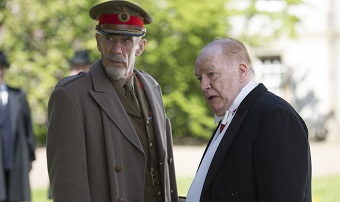
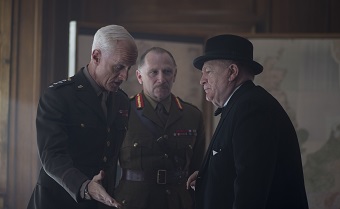

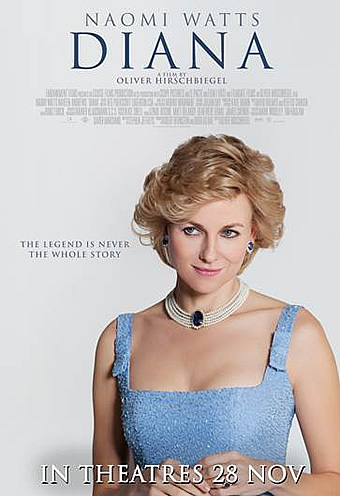
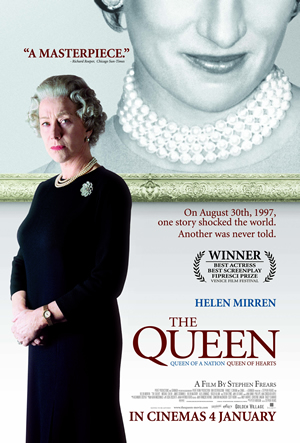
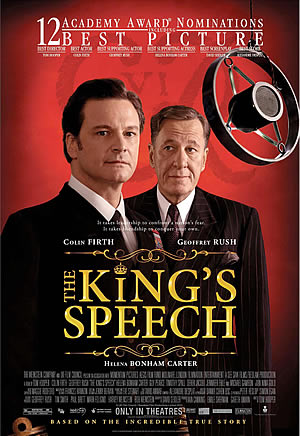
Final.jpg)